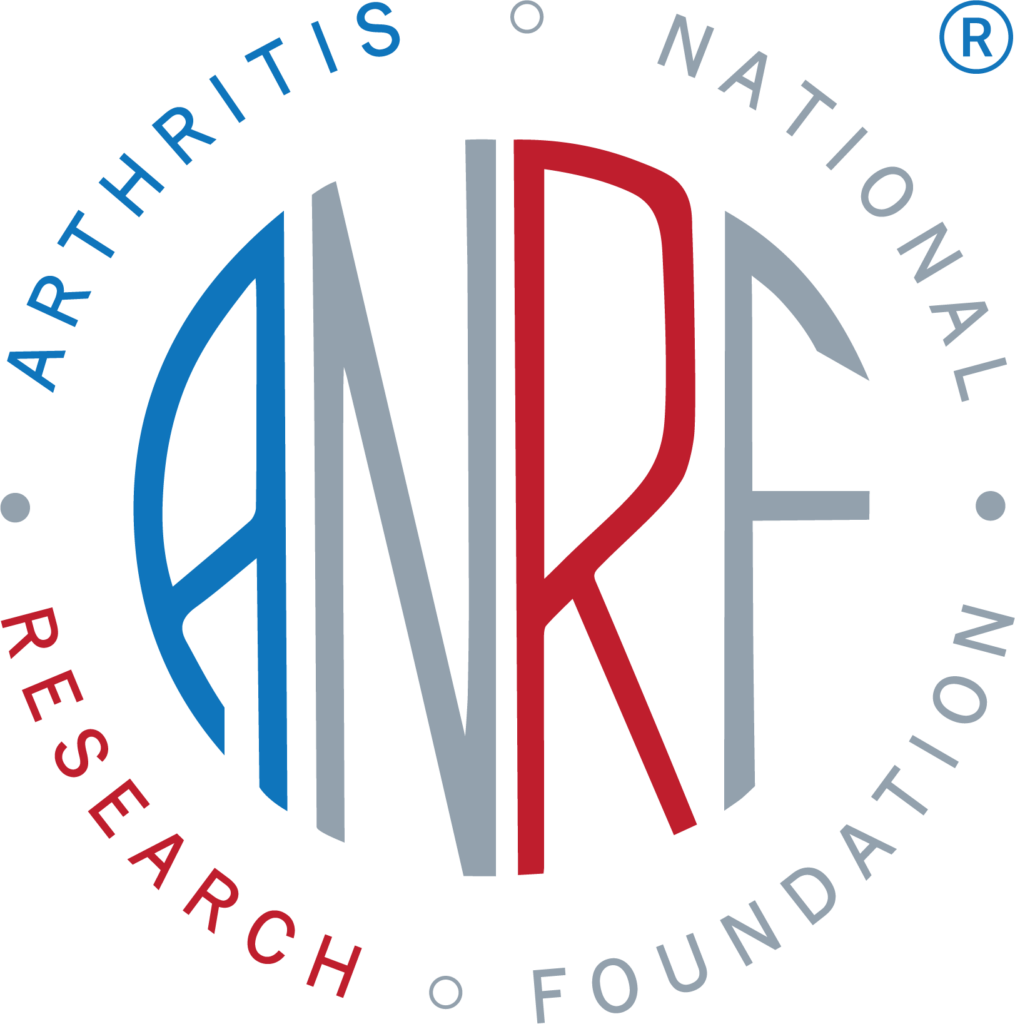Biography
I arrived in the United States at age 20 from Yemen and did not know how to speak English. Despite this and other challenges, I completed my associate’s degree with honors in science, and my bachelor’s degree with departmental honors in pharmaceutical sciences. My involvement in a variety of research projects during this time ignited my passion for science and discovery and inspired me to become a professional scientist. I started this process by joining the Medicinal and Biological Chemistry graduate program at the University of Toledo College of Pharmacy, and I successfully completed my Ph.D. degree with two first-author publications. As I began to look for positions at a larger research institution, I completed a brief postdoctoral position in the Department of Microbiology and Immunology, University of Toledo College of Medicine, which also resulted in two first-author publications. In pursuit of deepening my expertise in immunology and developing the professional skills needed to achieve my long-term career goals, I then joined the Division of Rheumatology at the University of Michigan as a postdoctoral fellow (where I have published three more first-author papers). My goals include using my knowledge, skill and passion to establish an extramurally-funded research laboratory, while actively engaging in the teaching and training of the next generation of biomedical scientists. Currently, I am a research investigator at the University of Michigan committed to a translational research career focused on the pathogenic role of neutrophil extracellular traps (NETs) in various thromboinflammatory diseases. My ultimate goal is to advance safe and effective therapies to the clinic in order to improve human health and benefit society.
Research Summary:
Systemic sclerosis (also called scleroderma) is an autoimmune disease that impacts not only the skin, but also internal organs such as the lungs, heart, kidneys, and gastrointestinal tract. It is characterized by widespread thickening and tightening of the skin, progressive blood vessel damage, and aberrant immune activation. There is clearly an unmet need for more effective and more precise therapies. Neutrophils are potentially destructive white blood cells that release toxic products called neutrophil extracellular traps (NETs), sticky webs of DNA and proteins that have been shown to play a critical role in various autoimmune diseases. However, the role of neutrophils and NETs in scleroderma remains significantly understudied. Here, we propose to investigate how a deep understanding of neutrophils and NETs in systemic sclerosis may guide therapeutic decisions in early stages of disease, especially in patients at risk for vascular complications such as finger ulcers and pulmonary hypertension. We will use banked samples as well as fresh blood from hospitalized patients to characterize mechanistic connections between NETs and the clinical manifestation of scleroderma. We hypothesize that neutrophils are important mediators of scleroderma-associated vascular disease and that already-available drugs such as prostacyclin analogues may allow us to restrain neutrophil hyperactivity in scleroderma.






